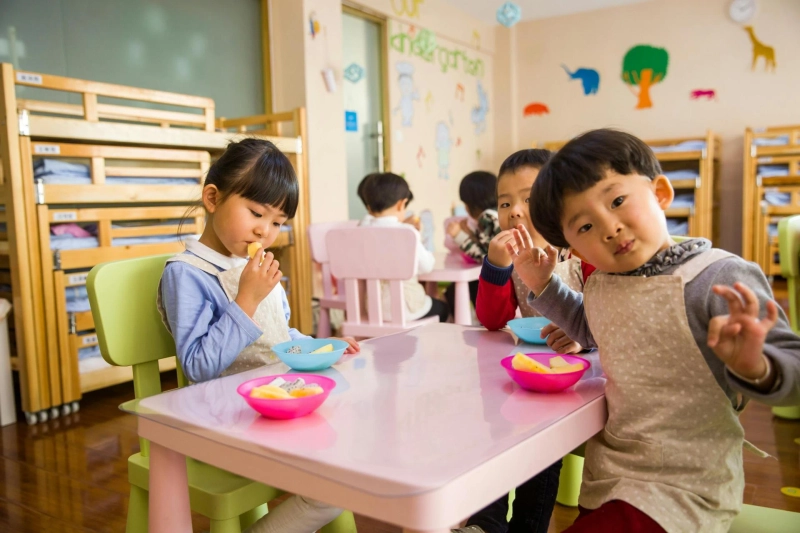Introduction: The Big Question Every Parent Asks
One of the most common questions parents ask is, “How do I know if my child is ready for preschool?” It’s a big milestone, and naturally, you want to make sure your little one is prepared emotionally, socially, and developmentally. While there’s no one-size-fits-all checklist, there are several clear signs that can help you understand if it’s the right time to enroll your child in preschool.
Shows Curiosity and Eagerness to Explore
If your child frequently asks questions, wants to try new things, or shows excitement when learning about the world around them, it’s a strong indicator that they are ready for a preschool setting. Preschools are designed to nurture curiosity through structured play and exploration. A curious child will thrive in this kind of environment, where creative activities and age-appropriate challenges support their natural enthusiasm for discovery.
Able to Follow Simple Instructions
Preschool activities often involve listening to directions, participating in group routines, and transitioning between tasks. If your child can follow simple instructions like “Put your toys away,” or “Wash your hands before lunch,” that’s a strong sign of readiness. This ability indicates that your child can adapt to classroom rules and routines, which are essential for a smooth preschool experience.
Begins to Show Social Interest
Does your child enjoy being around other kids—even if they aren’t always playing together yet? Social readiness doesn’t mean being super outgoing, but it does mean showing some comfort around peers. A child who is learning to share, take turns, or simply observe group play is likely ready to benefit from the social setting of preschool. Interacting with other children helps build empathy, patience, and cooperation.
Can Manage Basic Routines Independently
Preschool encourages independence. If your child is starting to dress themselves, use the toilet with minimal help, and manage their belongings (like carrying their bag or tidying up toys), it’s a great sign they can handle a preschool routine. These skills don’t have to be perfect—but some level of independence helps your child adjust quickly and gain confidence in a new environment.
Expresses Emotions and Needs Verbally
Being able to express needs like “I’m hungry,” “I need to go to the bathroom,” or “I don’t like that” is crucial in preschool. It helps teachers respond appropriately and ensures your child feels heard and supported. Even if their vocabulary is still growing, the ability to communicate basic thoughts or feelings is a strong indicator that they’re ready to engage in a preschool setting.
Handles Short Separations from Parents
If your child can stay with a caregiver or relative for a few hours without becoming extremely distressed, it’s a positive sign. Separation anxiety is natural, especially at first—but preschool readiness includes a growing comfort with being apart from parents for short periods. This ability will make drop-offs easier and help your child settle into the classroom more quickly.
Conclusion: Trust Your Instincts, But Look for These Clues
Every child is different, and preschool readiness isn’t tied to a specific age—it’s about a combination of emotional, social, and developmental cues. If your child shows several of the signs above, chances are they’re ready to take that exciting next step.

